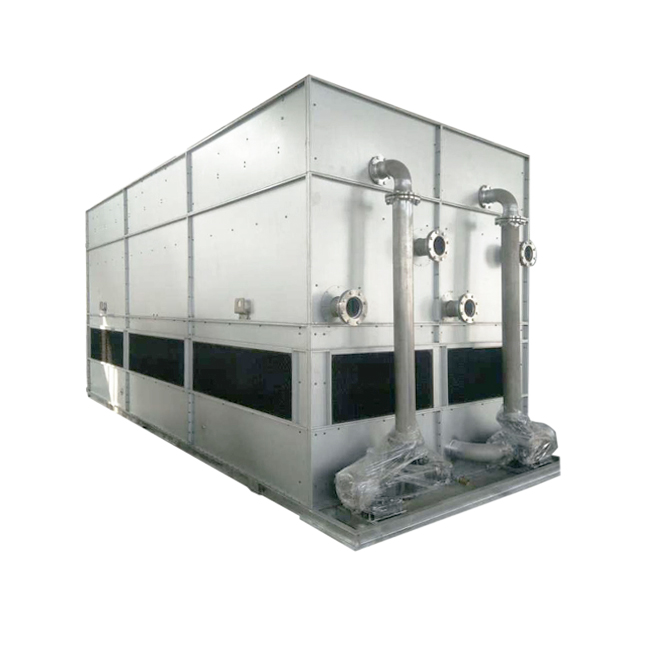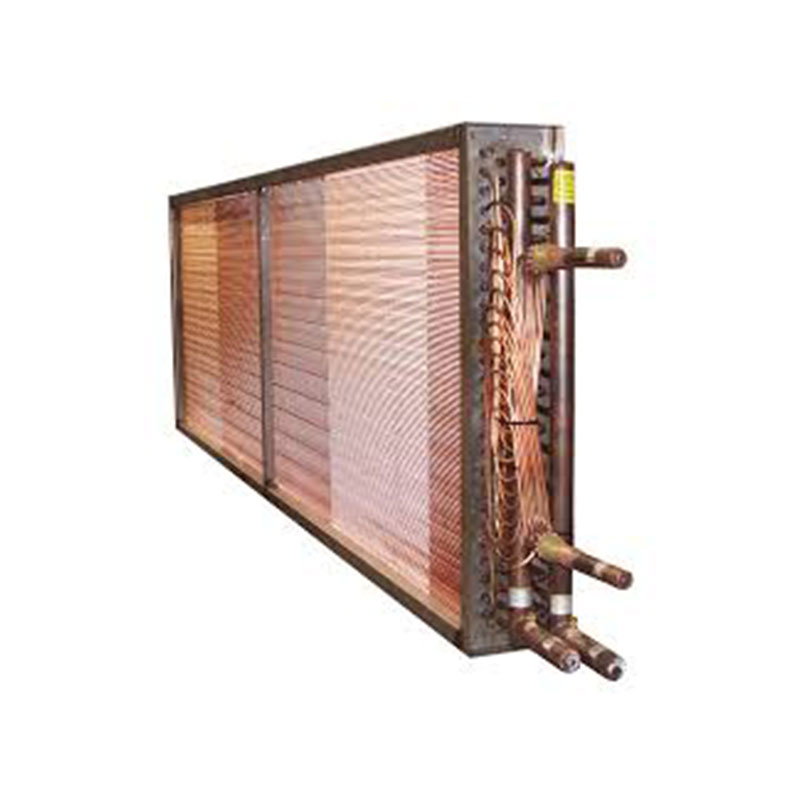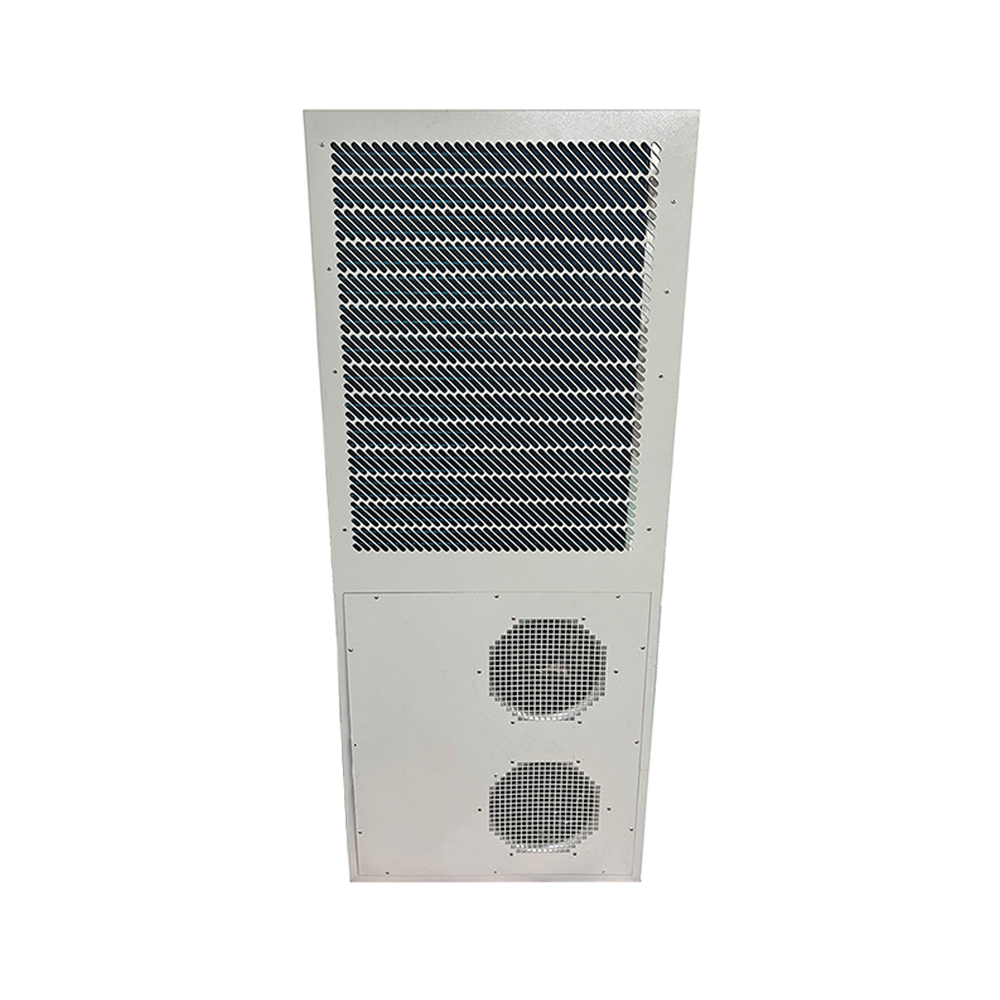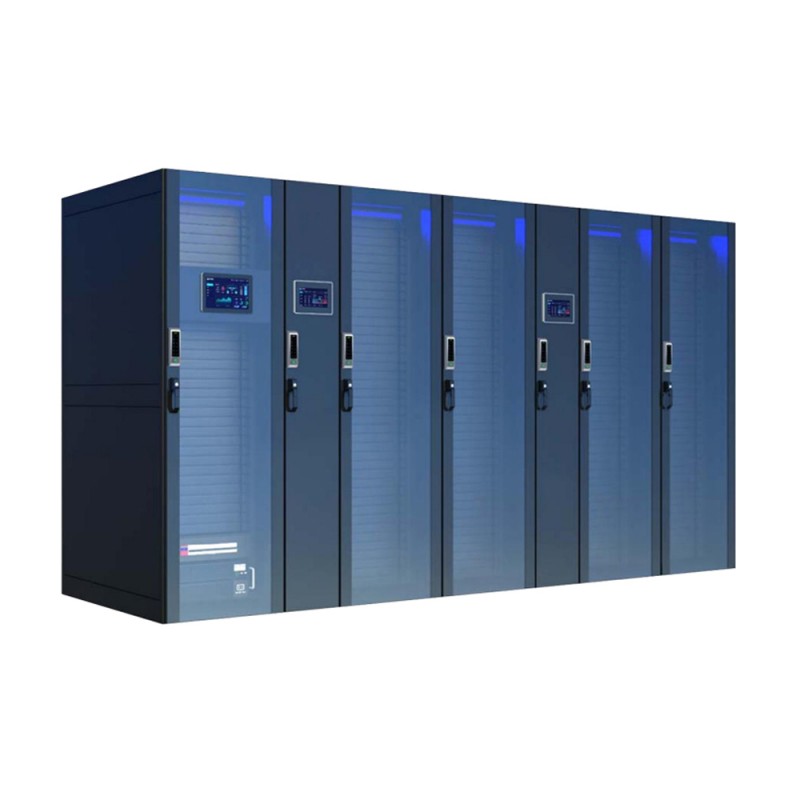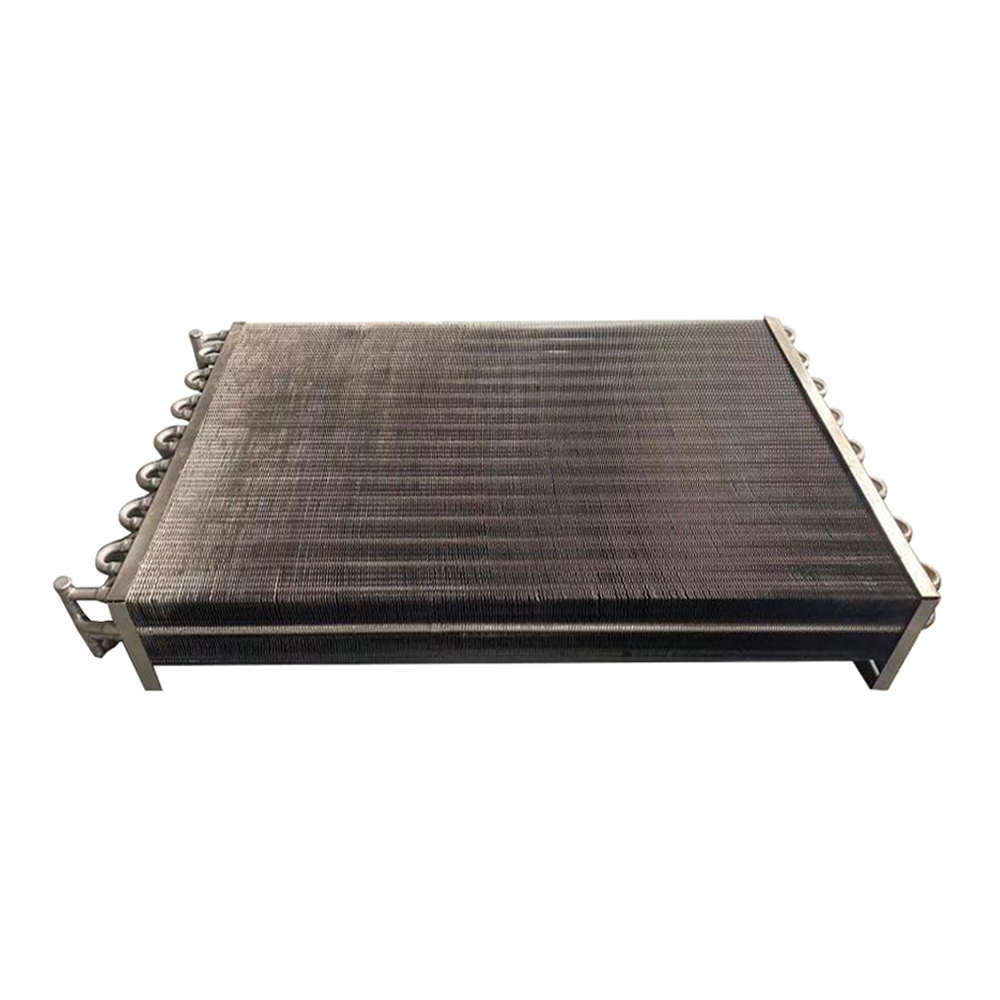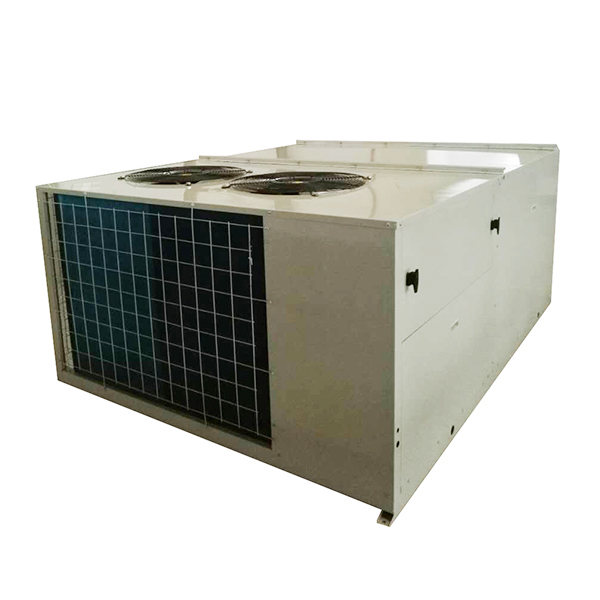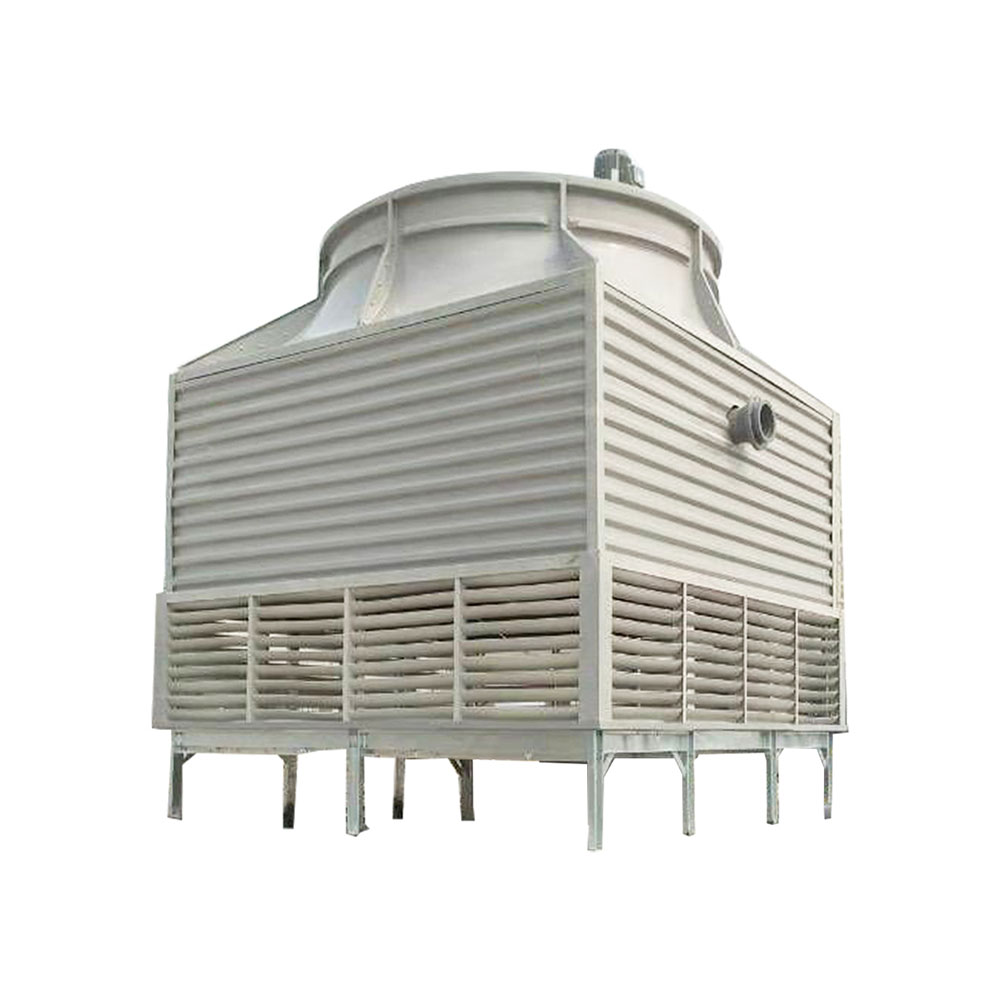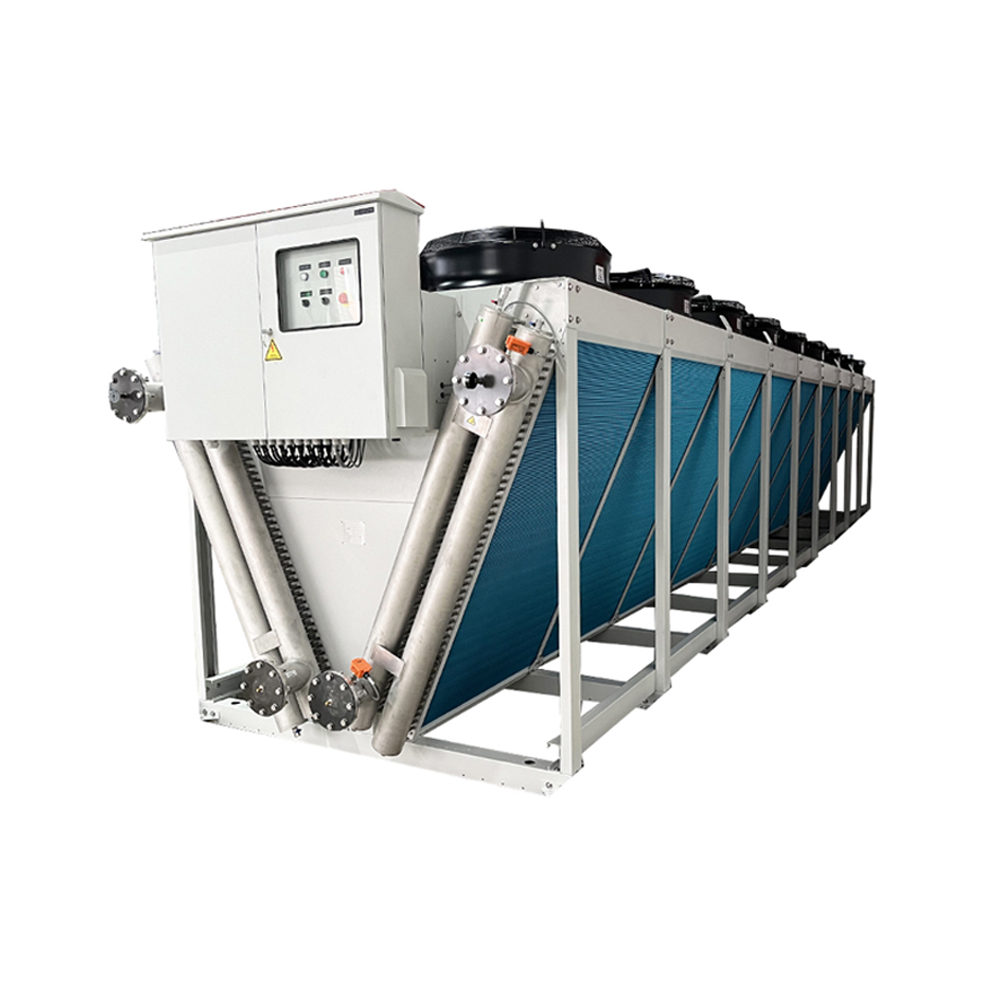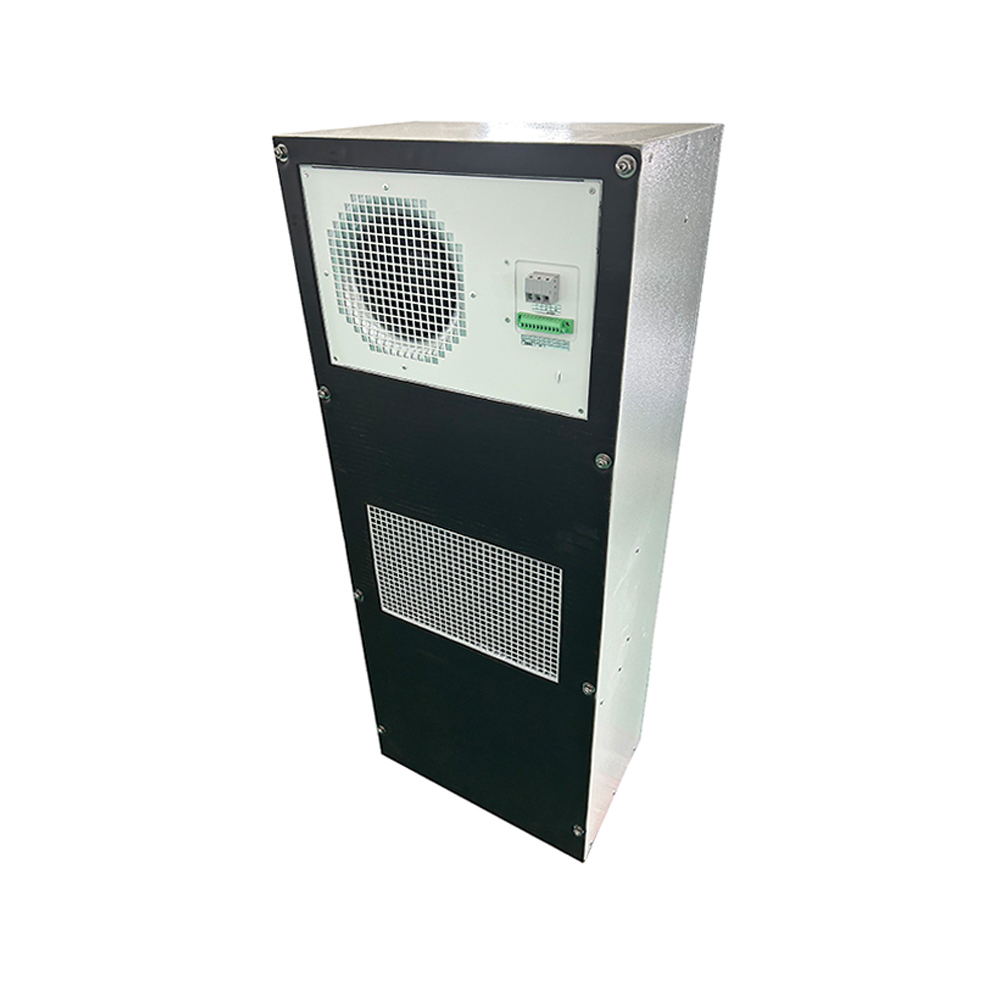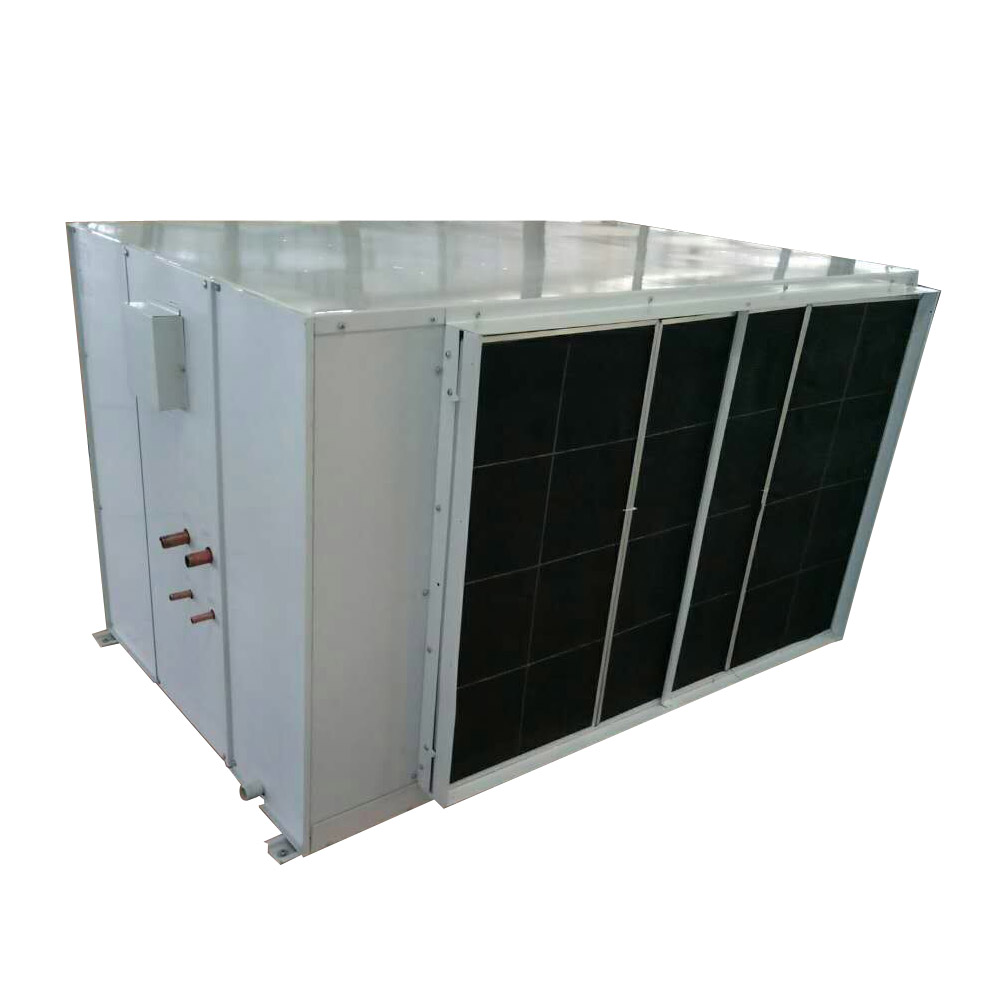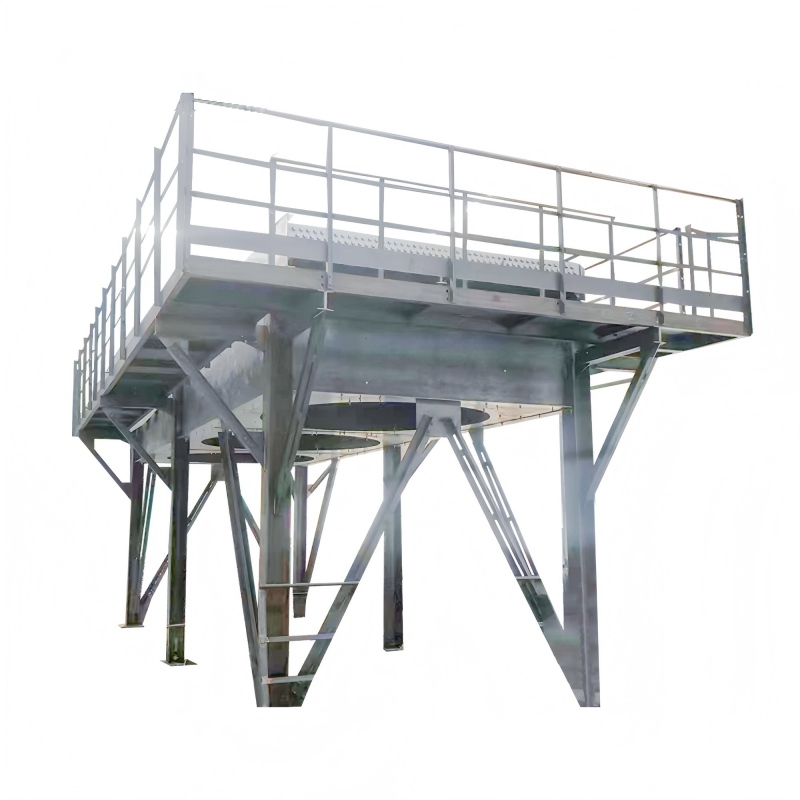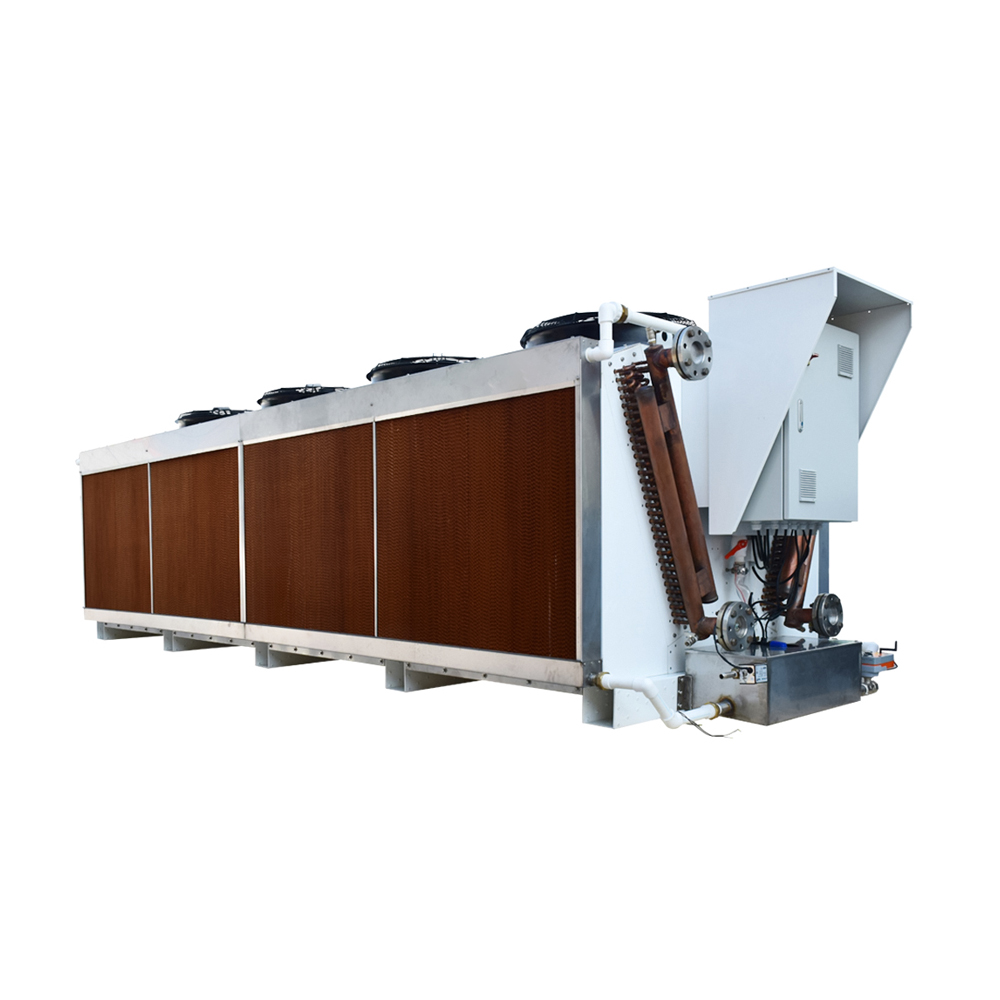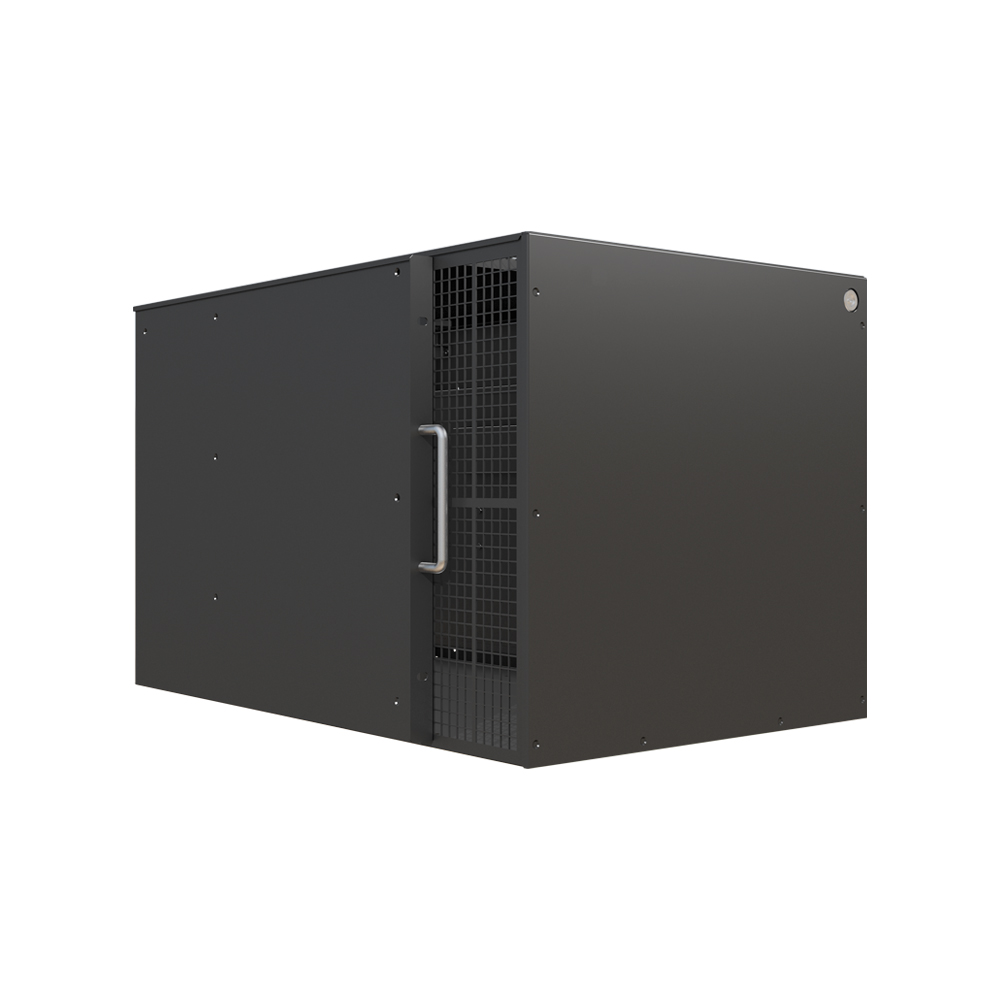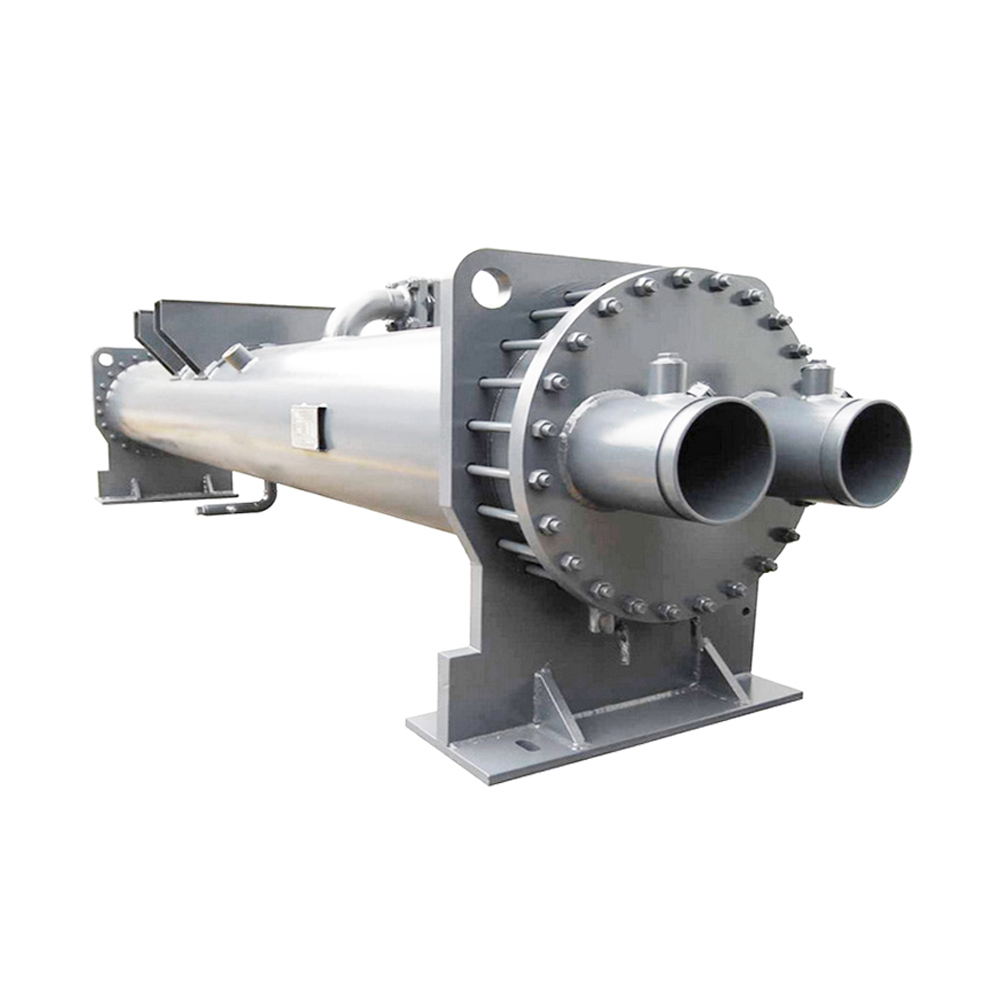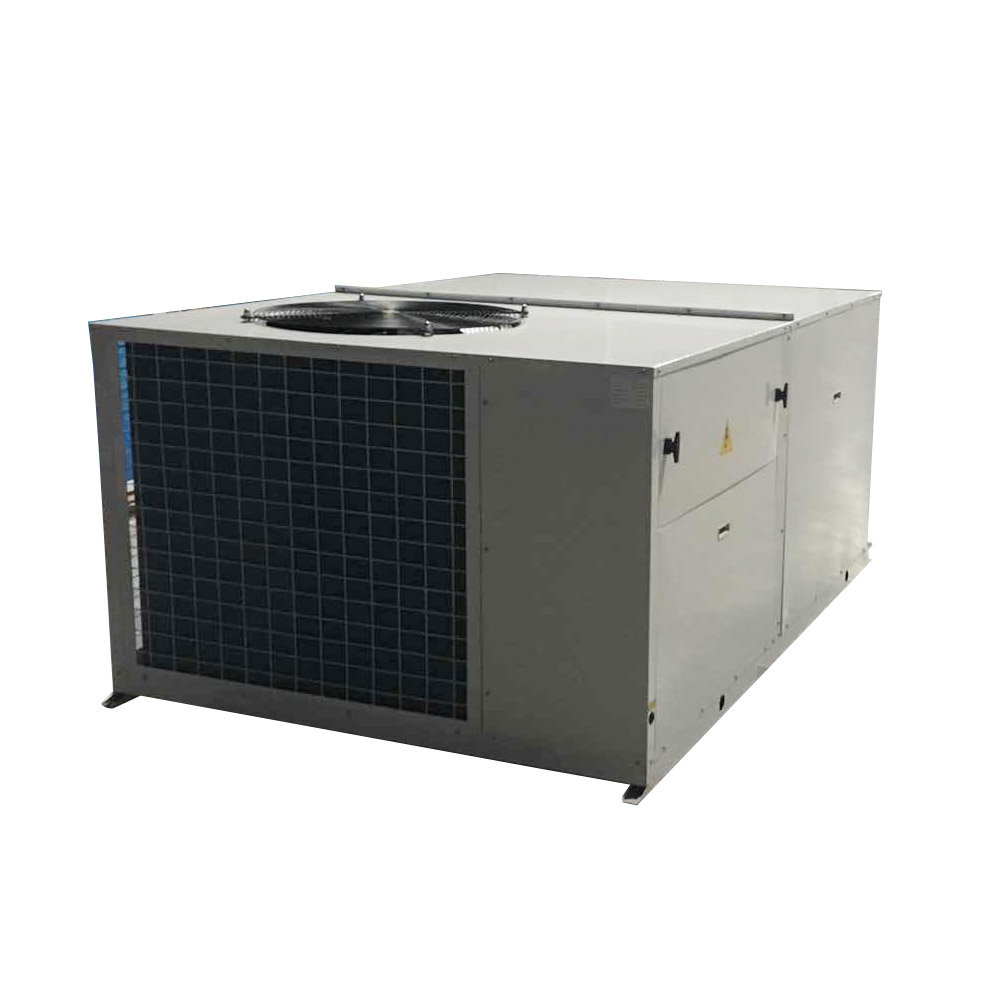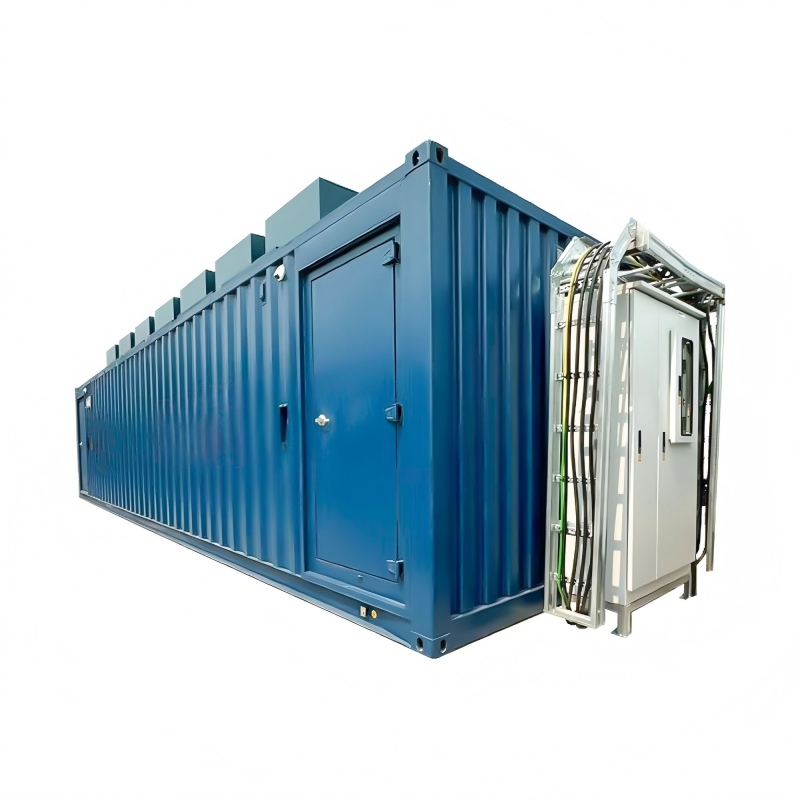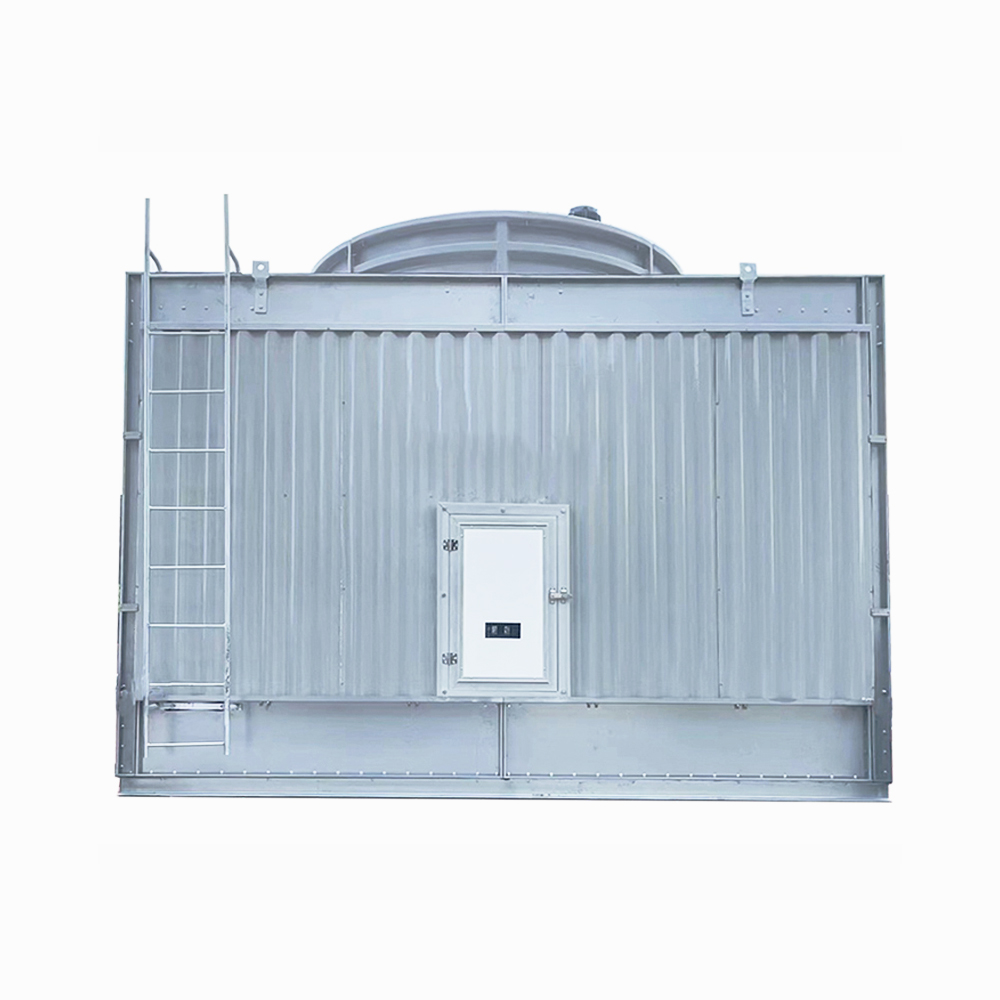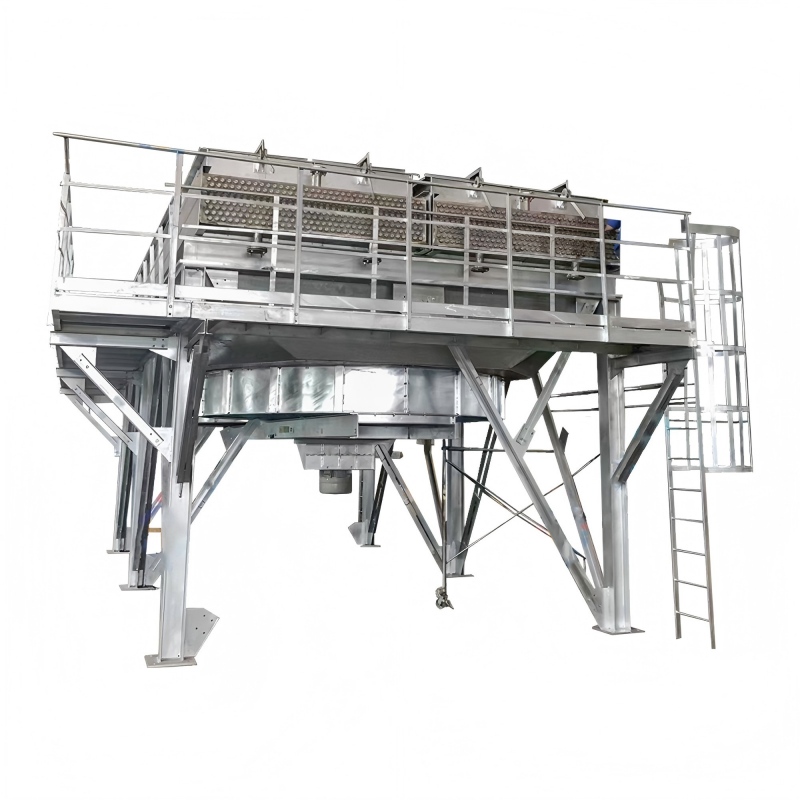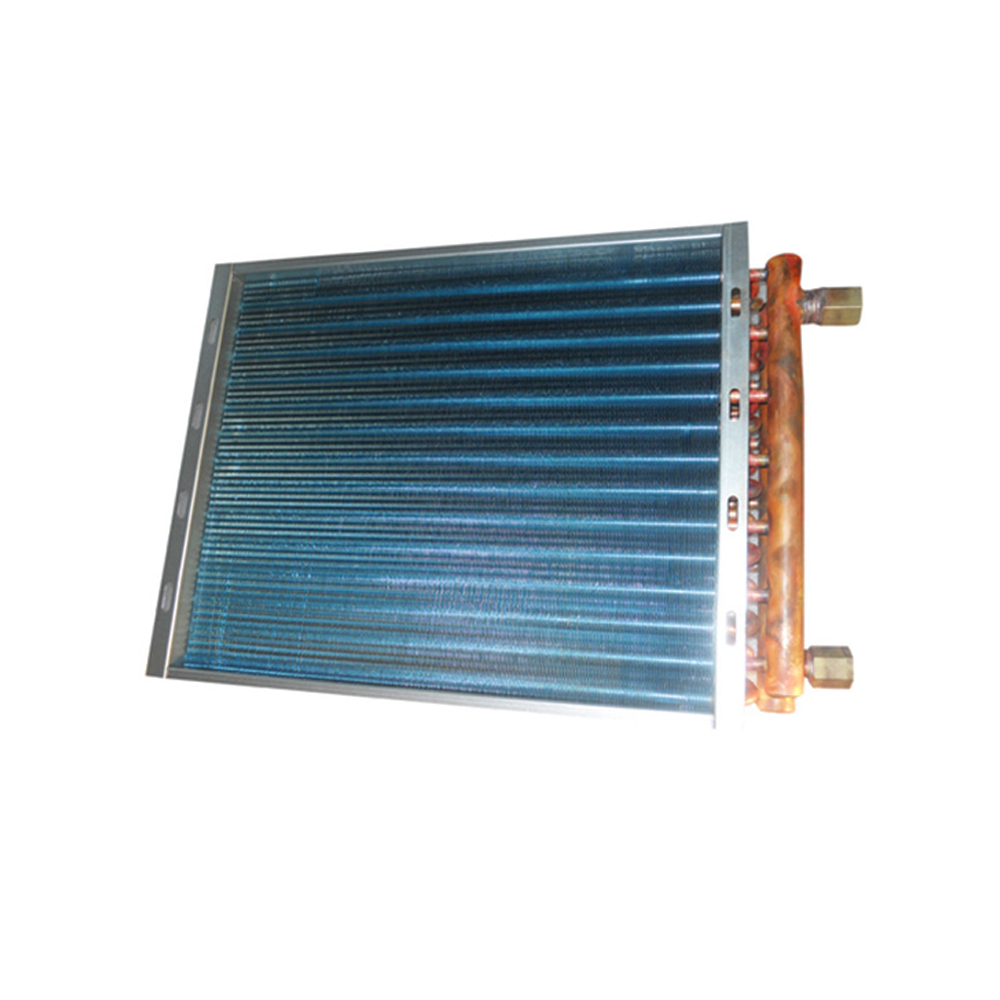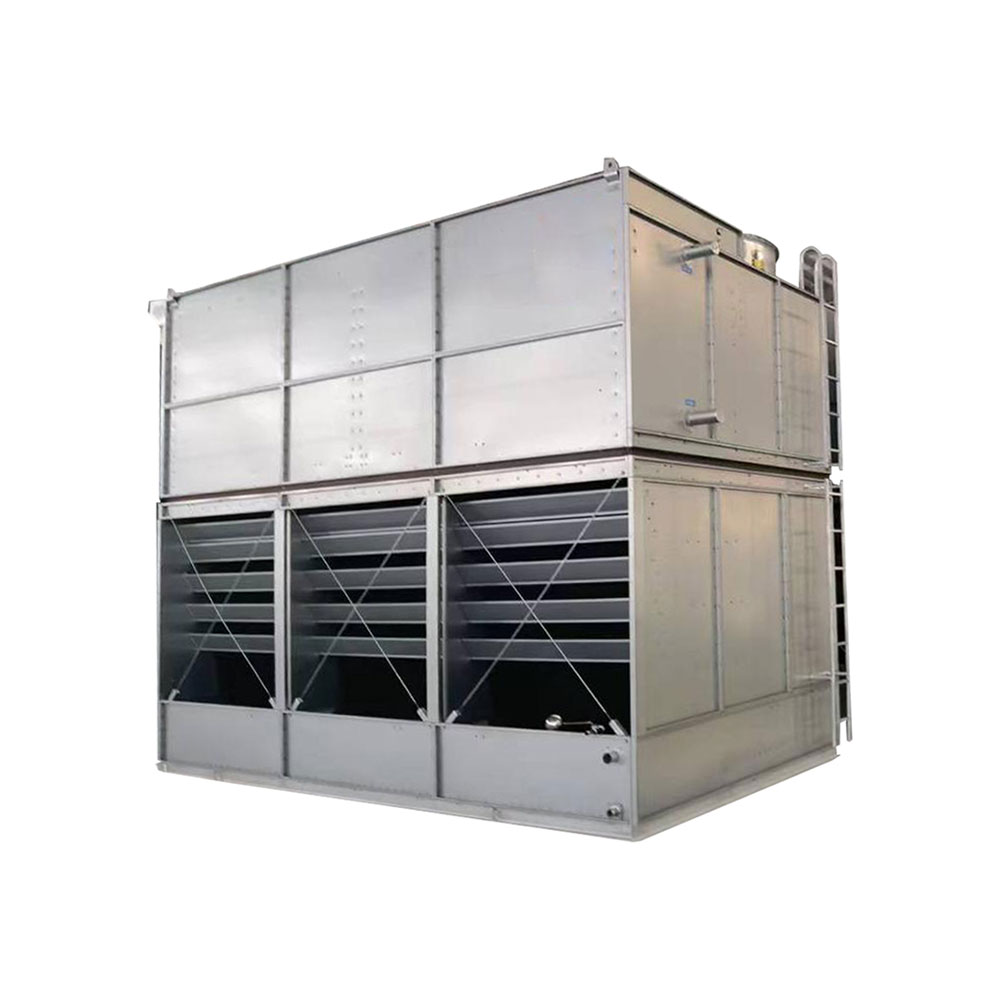Choosing the right OEM radiator genset manufacturer is crucial for ensuring the longevity and efficiency of your generator set. This guide provides a detailed overview of the process, from understanding your specific requirements to selecting a reputable manufacturer. We’ll cover key considerations, including radiator design, material selection, and compatibility with your genset model. Making the right choice will contribute to optimal performance, reduced downtime, and ultimately, a significant return on investment. Learn how to navigate the complexities of OEM radiator genset selection and find the perfect partner for your needs.
Understanding Your Genset's Cooling Requirements
Assessing Heat Load and Operating Conditions
Before selecting a radiator, accurately determine your genset’s heat load. This depends on factors like engine size, ambient temperature, and operating duration. Higher heat loads require radiators with greater cooling capacity. Consider the operating environment; harsh conditions (high ambient temperatures, dusty environments) might necessitate a more robust radiator design. Consulting your genset’s specifications is essential for this step. Incorrect assessment can lead to overheating and equipment failure.
Types of Radiators and Their Applications
Several radiator types exist, each with its strengths and weaknesses. Common types include:
- Plate and Fin Radiators: Known for their high surface area-to-volume ratio, efficient heat dissipation, and lightweight design. Ideal for applications where space is limited.
- Tube and Fin Radiators: Offer excellent durability and resistance to corrosion. Often used in demanding environments.
- Bar and Plate Radiators: Provide a balance between performance and cost-effectiveness. Suitable for various applications.
The choice depends on your specific needs and budget. Consider factors like required cooling capacity, space constraints, and environmental factors when making this decision.
Selecting the Right OEM Radiator Genset Manufacturer
Key Factors to Consider
Choosing the right manufacturer is as critical as selecting the right radiator type. Look for manufacturers with:
- Proven track record and experience in the industry
- Strong reputation for quality and reliability
- Comprehensive range of products to suit various genset models and applications
- Commitment to customer service and technical support
- Competitive pricing and flexible ordering options
Thorough research, including checking online reviews and seeking recommendations, is essential. Don't hesitate to contact multiple manufacturers to compare offerings and assess their capabilities.
Material Selection and Durability
The material used in the radiator significantly impacts its durability and lifespan. Common materials include aluminum and copper. Aluminum radiators are generally lighter and less expensive, while copper radiators offer superior corrosion resistance and heat transfer properties. The choice depends on the operating environment and your budget. A reputable manufacturer will provide detailed information on the materials used in their radiators.
Compatibility and Customization Options
Ensure that the chosen radiator is fully compatible with your genset model. Check for specifications like dimensions, mounting points, and coolant flow rate. Some manufacturers offer customization options to tailor the radiator to your specific needs. This might include modifications to size, material, or the inclusion of additional features.
Maintaining Your OEM Radiator Genset
Regular Inspection and Cleaning
Regular inspection and cleaning are crucial for maintaining optimal performance and extending the radiator’s lifespan. Inspect for leaks, corrosion, and debris buildup. Regular cleaning removes accumulated dirt and debris, improving heat transfer efficiency. Consult your manufacturer’s recommendations for cleaning procedures.
Addressing Common Issues
Common issues include leaks, clogging, and corrosion. Addressing these promptly prevents further damage and ensures continued optimal performance. Contact your OEM radiator genset manufacturer or a qualified technician for assistance if you encounter any problems.
Finding a Reputable OEM Radiator Genset Manufacturer
For high-quality OEM radiator gensets and exceptional customer service, consider contacting Shanghai SHENGLIN M&E Technology Co.,Ltd. They offer a wide range of custom solutions and prioritize client satisfaction.
| Feature | Aluminum Radiator | Copper Radiator |
| Weight | Lighter | Heavier |
| Cost | Lower | Higher |
| Corrosion Resistance | Lower | Higher |
| Heat Transfer | Good | Excellent |
Remember to always consult your genset's documentation and contact a qualified professional for any complex issues.









